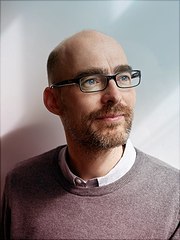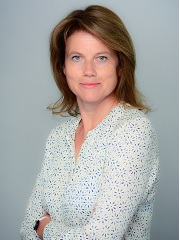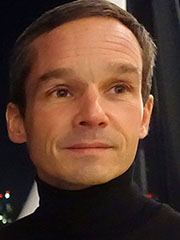B1 - Social Constructions of Climate Futures
Publications B1
Chairs:
 |
 |
 |
| Michael Brüggemann (UHH) | Simone Rödder (UHH) | Michael Schnegg (UHH) |
CLICCS-funded Scientists:
Team: Anne Reif (UHH), Robin Tschötschel (UHH), Youssef Ibrahim (UHH), Christopher Pavenstädt (UHH), Inga Janina Sievert (UHH), Fynn Petersen-Frey (UHH), Lars Guenther (UHH until 09/2023)
Participating Researchers: Chris Biemann (UHH), Anita Engels (UHH), Katharina Kleinen-von Königslöw (UHH), Martina Neuburger (UHH), Miriam Prys-Hansen (GIGA), Beate Ratter (UHH)
Project description:
The way people communicate and debate perceptions and beliefs about climate change affects how societies imagine and negotiate climate futures. These debates assign responsibility for causing climate change and for mitigating it, and advocate for or reject specific solutions – imagined climate futures thus affect the plausibility of possible climate futures.
The goal of B1 is to explore how climate futures are imagined in different social arenas (media, activism , science, and everyday discourses) and how they travel beyond and between these arenas. While these different arenas are somewhat distinct, they are also connected in ways that shape understandings, imaginations, and solutions that are adopted to address climate change. Debates in different world regions are rooted in local cultural contexts and globally intertwined.
To explore how climate futures are constructed and under which conditions they emerge and travel, we ask the following questions:
- To whom do people in and across various arenas attribute responsibility for actions to address climate change?
- What kind of actions do they advocate for and reject?
- How are imaginations of possible and plausible climate futures socially and culturally constituted and embedded in broader visions of the future and in belief systems?
We explore and compare constructions of climate futures in four world regions (Germany, US, India, and South Africa) to capture both global dynamics and local variations.
Climate communication blog: www.climatematters.de
